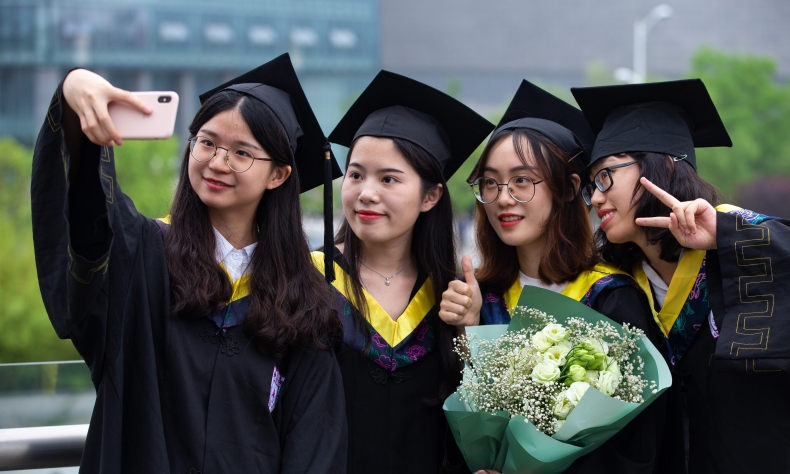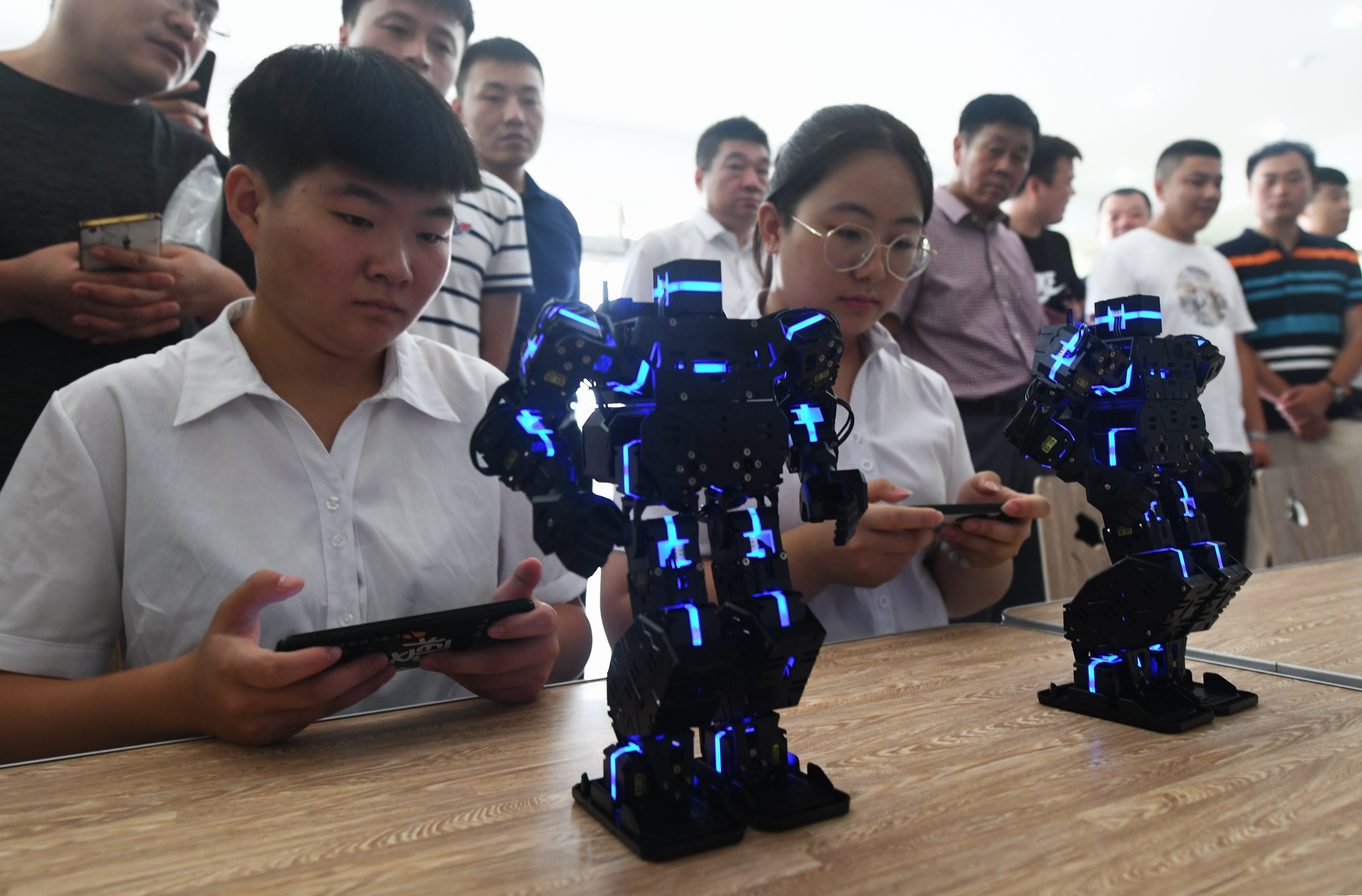Education and industry: Reform and integration

The most favorable characteristic of vocational education is that, its kaleidoscope-like spectrum in training, from veterinary nursing to brewing, are highly worthwhile for industries to seek collaboration opportunities.
Along with a flourishing economy and a globally competitive manufacturing, there is a growing need in China for professionals and skilled talents to keep up with the development of industrial upgrading.
Recently, the Chinese government signified its intention to integrate education and industry with publication of the Plan on Advancing a National Pilot Program for the Integration Between Industry and Education.
In the next five years, 50 cities will promote trials where numerous industries with distinctive regional characteristics will be built, involving more than 10,000 enterprises. This experimental plan was initially proposed at the 19th CPC National Congress in 2017 to enhance cooperation between education and industry.
Both vocational colleges and universities are expected to collaborate openly with different industries and enterprises, to accurately identify and satisfy the demands of society and motivate future development; universities in particular are encouraged to take part in the research and development process, help orient innovative advances and expedite transformation of scientific and technological achievements for practical purposes, building effective linkages among industries, enterprises and schools.
One of the merits of this integration lies in its interactive feature, allowing students to become immersed in learning, which lessens the inherent drawback of traditional teaching in rigidly instilling knowledge. Students will be encouraged to actively acquire information and have a comprehensive understanding of how such knowledge is useful in practice.

As an important participant in China’s education arena, vocational colleges contribute much to a diverse but high-quality education market. For instance, vocational education plays an indispensable role in the development of e-commerce, with many colleges setting up specific training courses in marketing, business and IT related to e-commerce.
The novel pattern created by integration significantly endows many sub-fields with the potential to develop. The most favorable characteristic of vocational education is that, its kaleidoscope-like spectrum in training, from veterinary nursing to brewing, are highly worthwhile for industries to seek collaboration opportunities.
Under the new policy, representative cities will work as functional arms, while enterprises stand at the center of implementation. Today, facing a turning point in national industrial transformation and upgrading, the emphasis is moving gradually from production and management to the output of potential talents and skilled professionals. Enterprises are thus willing to become more of a practice and start-up platform for students than mere manufacturers, and many are signing strategic partnership agreements with vocational colleges and universities to form “a community of shared interests” to make best use of common resources.
As a result, regional development in manufacturing is expected to become more vigorous and competitive, which will fully leverage the comparative advantages of different areas and continuously enhance the holistic nature of development.
Analysts argue that, in light of the lack of professionals and highly-skilled workers in today’s world , the pilot program is of vast significance for facilitating the connection among education, talent, industry and innovation, efficiently contributing to a healthy and sustainable economic growth.
Apart from these “hardware” elements, cloud computing and big data are also utilized to help build a professional and shared information service platform. Based on abundant supply-and-demand statistics of talents, project research, technical service, the platform provides accurate value-added services on information distribution, retrieval, and recommendations.
However, it is also being stressed that, while promoting such integrative programs, quality should always be prioritized, rather than quantity. Despite an upward trend of university and college admission, the output of high-quality talents remains inadequate, which is an imperative challenge for the economy going forward.
Therefore, from a long-term perspective, a well-formulated monitoring mechanism accompanied with a comprehensive evaluation system ought to be institutionalized and operated with prudence.
Mathew Wong is an assistant professor in the Department of Social Sciences at the Education University of Hong Kong.
Opinion articles reflect the views of their authors only, not necessarily those of China Focus.
 Facebook
Facebook
 Twitter
Twitter
 Linkedin
Linkedin
 Google +
Google +










